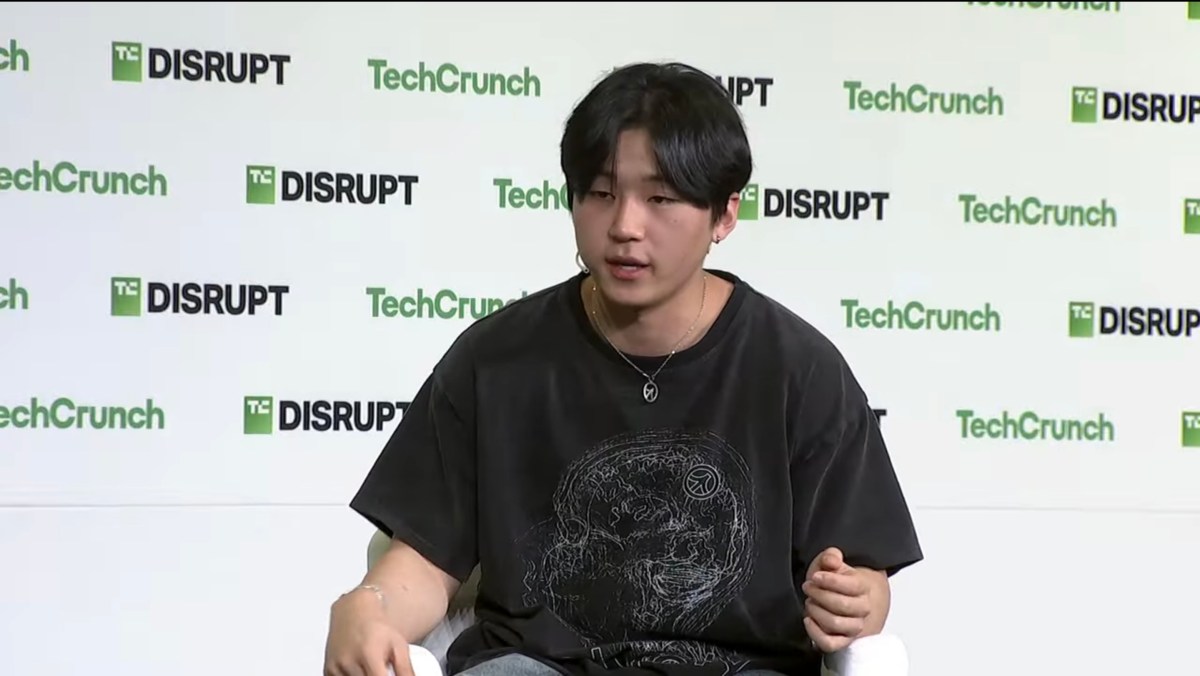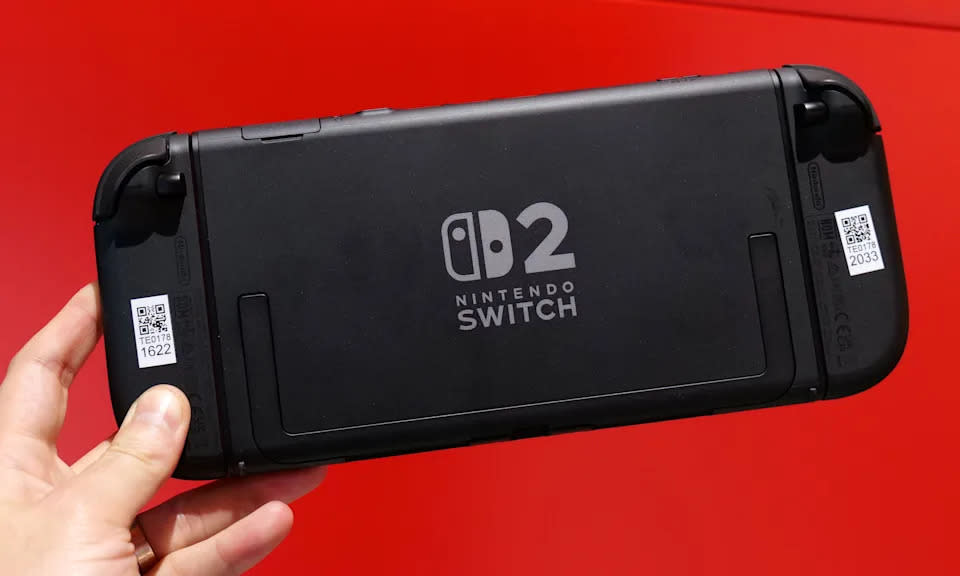“`html
Cluely’s Roy Lee Discusses Challenges of Sustained Growth
In the fast-evolving world of technology startups, achieving viral marketing success is often viewed as a golden ticket to sustained growth. However, Roy Lee, founder of Cluely, argues that brand awareness alone is insufficient for long-term success. Speaking at TechCrunch Disrupt 2025, Lee highlighted the importance of developing a robust product to retain customers beyond the initial hype.
Cluely, which launched in April 2025, garnered attention with its provocative marketing strategy that positioned its product as a tool to “cheat on everything.” This approach was not without controversy, as Lee himself gained notoriety after being suspended from Columbia University for creating a tool that aided in cheating during coding interviews. Leveraging this notoriety, he aimed to attract users to Cluely, which promises to provide undetectable assistance during online interactions.
Initially, Cluely’s offering included a range of applications, such as support for sales calls, customer service, and remote tutoring. However, in a recent pivot, the company narrowed its focus, rebranding its product as an AI assistant specifically designed for meetings. Lee stated, “We aim to become the best AI note taker, starting with the consumer.” This strategic shift illustrates the company’s intent to carve out a niche in a competitive market.
As Cluely transitions to focus on AI note-taking, it enters a crowded landscape filled with established players. Noteworthy competitors include:
- Otter.ai
- Notion
- Microsoft OneNote
All of these competitors offer similar functionalities, making differentiation crucial for Cluely’s success. To set itself apart, Cluely emphasizes unique features, such as the ability to send follow-up emails automatically after meetings. This functionality not only streamlines communication but also enhances user productivity, a key consideration for professionals in today’s fast-paced work environment.
During the TechCrunch event, Lee was reticent about sharing specific metrics related to sales and customer retention, stating, “I’ll say we’re doing better than I expected, but it’s not the fastest growing company of all time.” Despite the challenges, Cluely’s initial marketing strategy proved effective in securing a $15 million Series A funding round from Andreessen Horowitz in June 2025. Bryan Kim, a partner at a16z, expressed confidence in Cluely’s potential, stating that Lee had successfully converted attention into paying customers. This endorsement highlights the critical role that initial traction can play in attracting investment, even in the face of uncertain long-term prospects.
When Cluely launched its product, Lee reported a remarkable increase in annual recurring revenue (ARR), which reportedly surged from $3 million to $7 million within just one week. This spike was attributed to widespread interest from individuals participating in meetings and interviews. However, as the months progressed, Lee became more cautious about disclosing financial metrics, stating, “What I’ve learned is you should never share revenue numbers.” He emphasized that revealing performance figures can lead to unwanted scrutiny, especially if the company faces challenges.
Lee’s experience underscores a broader trend among tech startups, particularly in the AI sector, where many founders openly share their ARR figures to showcase growth. This practice has become commonplace as the industry experiences a surge in investment and innovation. Nevertheless, Cluely’s journey serves as a cautionary tale about the limitations of relying solely on viral marketing. For startups, building a strong product is paramount.
As Cluely’s situation illustrates, initial buzz can attract users, but without a compelling product that meets their needs, retaining customers becomes a significant challenge. The tech landscape is littered with examples of companies that failed to transition from initial success to sustainable growth due to inadequate product development.
Moreover, the rapidly changing nature of consumer expectations in the tech industry places additional pressure on startups. Users today demand not only innovative solutions but also seamless integration and user-friendly experiences. As such, Cluely’s pivot toward a focused AI note-taking solution may align better with current market demands, potentially positioning the company for more sustainable growth.
Historically, the tech industry has seen a number of prominent startups that initially thrived on viral marketing but struggled to maintain momentum. For instance, companies like Meerkat and Vine gained significant attention but ultimately faded away due to a lack of sustainable business models and product offerings. These examples serve as reminders that while capturing public interest can provide a temporary boost, it is the long-term viability of the product that determines a company’s fate.
In conclusion, Cluely’s journey highlights the complexities of navigating the tech startup landscape. While viral marketing can generate initial interest, it is the product’s quality and the company’s ability to adapt to market needs that ultimately determine long-term success. As Cluely continues to refine its offerings, the industry will be watching closely to see if it can transform its early traction into enduring growth. The lessons learned from Cluely’s experiences may resonate with other startups seeking to balance the allure of viral marketing with the necessity of delivering a product that not only meets but exceeds user expectations.
“`




